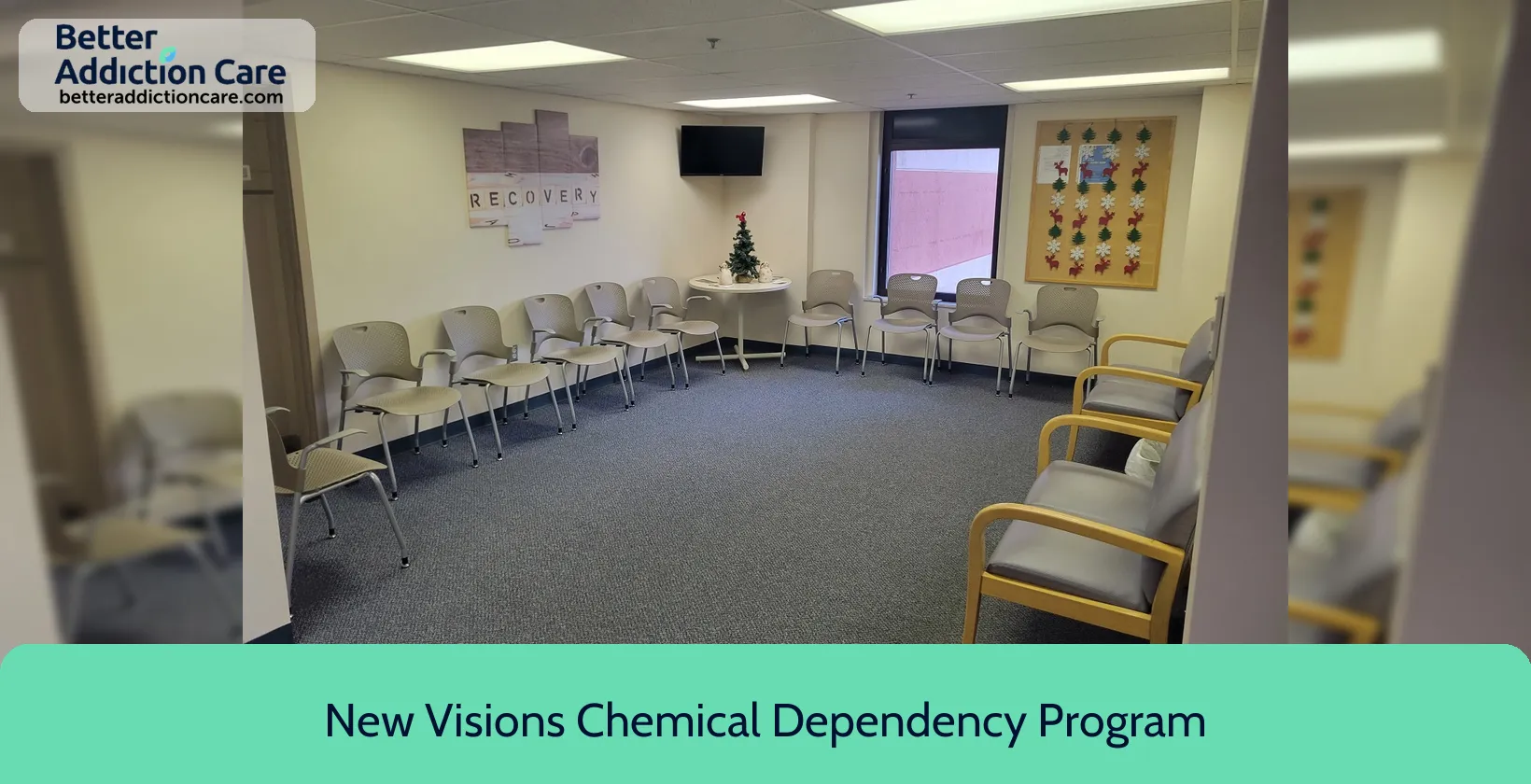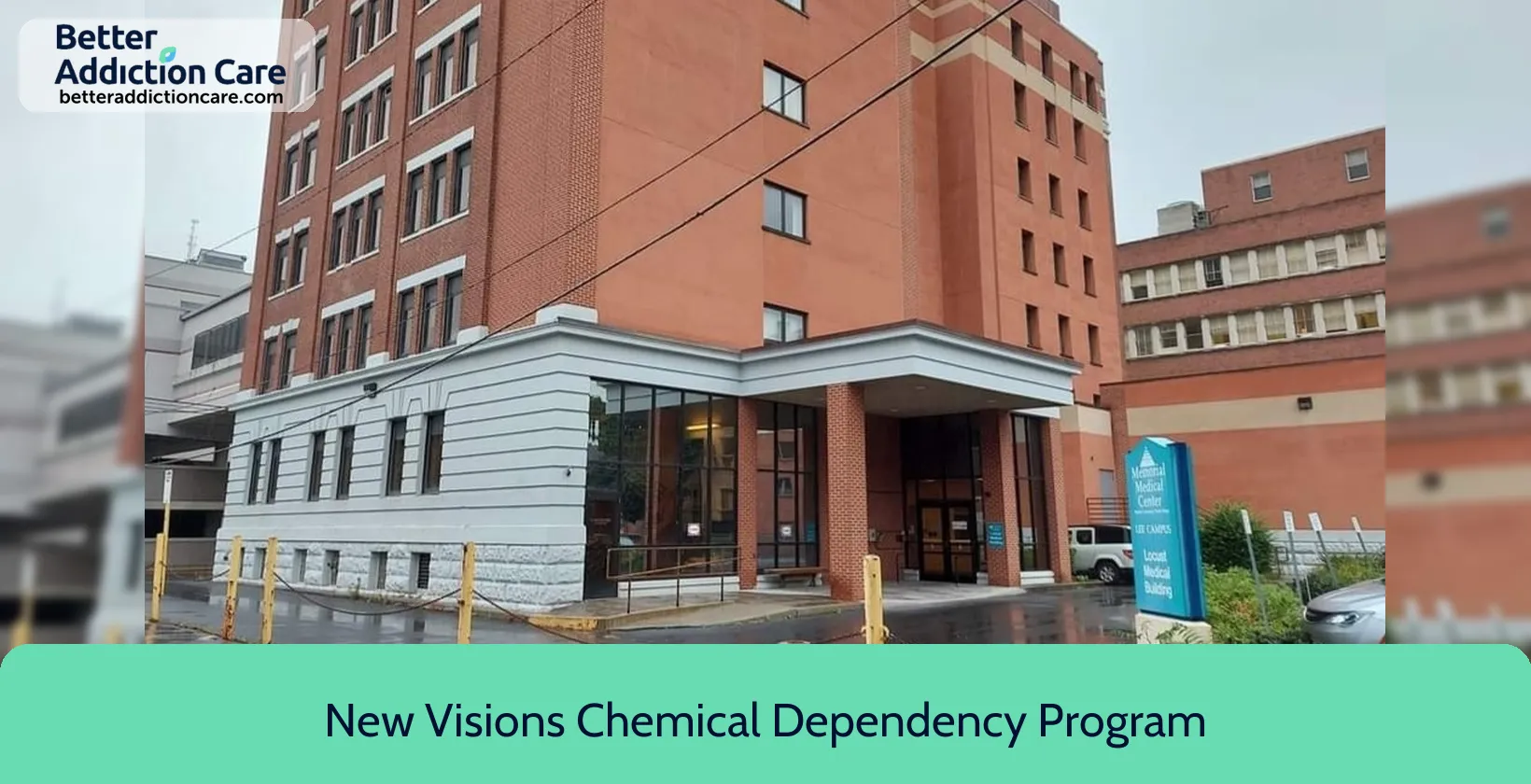New Visions Chemical Dependency Program - DLP Conemaugh Memorial Med Center
Overview
New Visions Chemical Dependency Program - DLP Conemaugh Memorial Med Center is a substance abuse treatment center for people seeking treatment near Cambria County. As part of their treatment modalities for recovery, New Visions Chemical Dependency Program - DLP Conemaugh Memorial Med Center provides cognitive behavioral therapy, telemedicine/telehealth therapy, and substance use disorder counseling during treatment. New Visions Chemical Dependency Program - DLP Conemaugh Memorial Med Center is located in Johnstown, Pennsylvania, accepting cash or self-payment for treatment.
New Visions Chemical Dependency Program - DLP Conemaugh Memorial Med Center at a Glance
Payment Options
- Cash or self-payment
- Medicaid
- Medicare
- State-financed health insurance plan other than Medicaid
- Private health insurance
Assessments
- Screening for tobacco use
- Comprehensive substance use assessment
- Interim services for clients
- Outreach to persons in the community
- Screening for mental disorders
Age Groups
- Seniors or older adults
- Adolescents
- Young adults
- Children/adolescents
- Seniors
Ancillary Services
- Specially designed program for DUI/DWI clients
- Social skills development
Highlights About New Visions Chemical Dependency Program - DLP Conemaugh Memorial Med Center
6.83/10
With an overall rating of 6.83/10, this facility has following balanced range of services. Alcohol Rehabilitation: 8.00/10, Drug Rehab and Detox: 6.00/10, Insurance and Payments: 6.00/10, Treatment Options: 7.33/10.-
Alcohol Rehabilitation 8.00
-
Treatment Options 7.33
-
Drug Rehab and Detox 6.00
-
Insurance and Payments 6.00
Accreditations
State department of health:

State Licenses, issued by government agencies, authorize rehabilitation organizations to legally operate within designated geographical areas. The specific licenses required for operation are typically determined by both the nature of the rehabilitation program provided by the facility and its physical location.
Hospital licensing authority:
The Hospital Licensing Authority is responsible for granting licenses to healthcare facilities, ensuring that they meet the standards and regulations set by the government. Accreditation is a process of evaluation and recognition by a third-party organization, confirming that the hospital meets specific quality and safety standards.
The Joint Commission:

The Joint Commission accreditation for addiction and behavioral health signifies that a facility has met rigorous standards in patient care, treatment, and safety. This recognition assures patients and professionals of the facility's commitment to providing high-quality, evidence-based care in the fields of addiction and behavioral health, fostering trust and confidence in their services.
Treatment At New Visions Chemical Dependency Program - DLP Conemaugh Memorial Med Center
Treatment Conditions
- Alcoholism
- Substance use treatment
Care Levels
- Outpatient
- Intensive outpatient treatment
- Regular outpatient treatment
- Aftercare
Treatment Modalities
- Cognitive behavioral therapy
- Telemedicine/telehealth therapy
- Substance use disorder counseling
- Smoking/vaping/tobacco cessation counseling
- Treatment for gambling disorder
Ancillary Services
Languages
- Sign language services for the deaf and hard of hearing
Additional Services
- Pharmacotherapies administered during treatment
- Discharge Planning
- Breathalyzer or blood alcohol testing
Special Programs
- Clients with co-occurring mental and substance use disorders
- Veterans
- Criminal justice (other than DUI/DWI)/Forensic clients
- Pregnant/postpartum women
- Clients with HIV or AIDS
Get Help Now
Common Questions About New Visions Chemical Dependency Program - DLP Conemaugh Memorial Med Center
Contact Information
Other Facilities in Johnstown

6.74

6.93
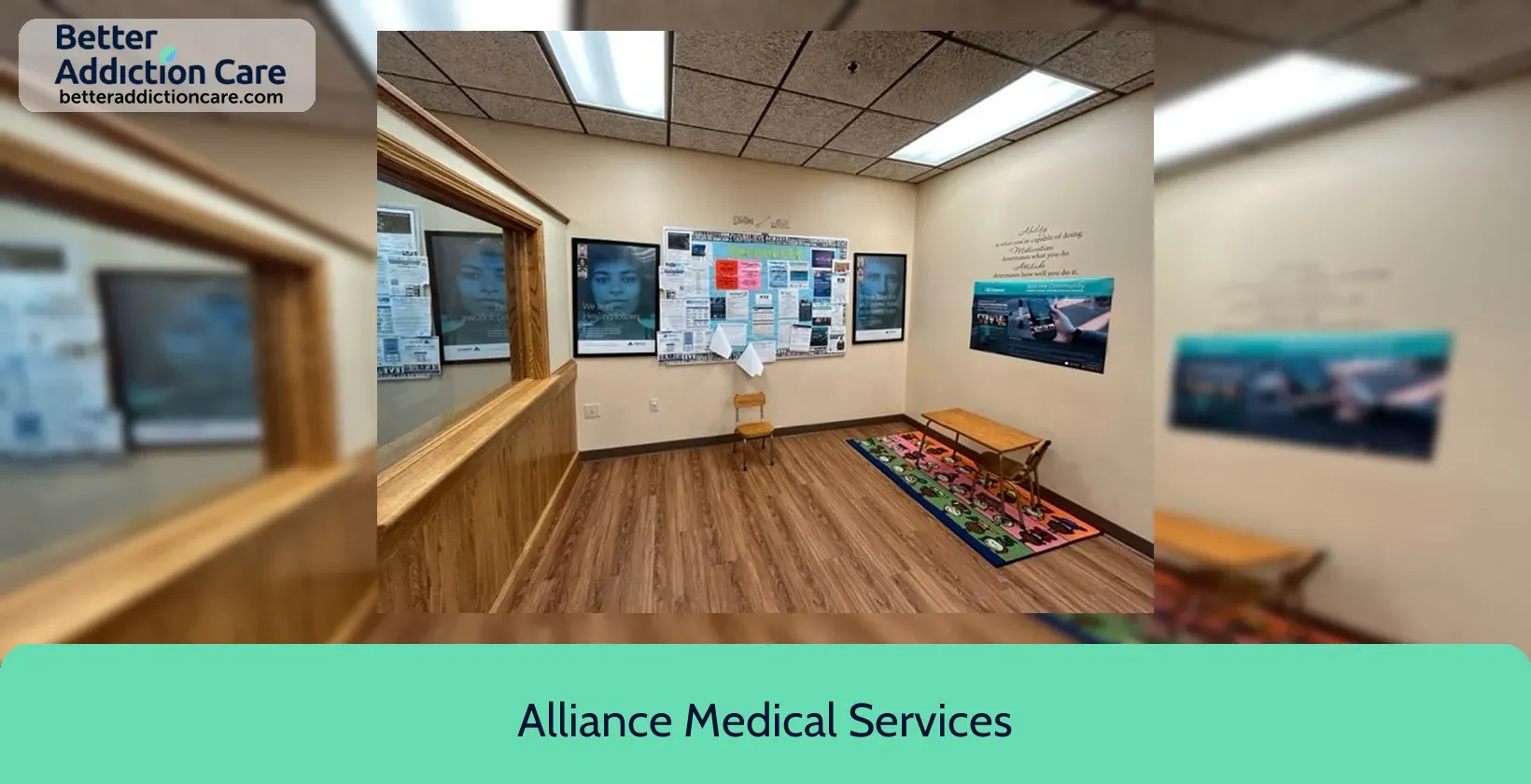
7.33
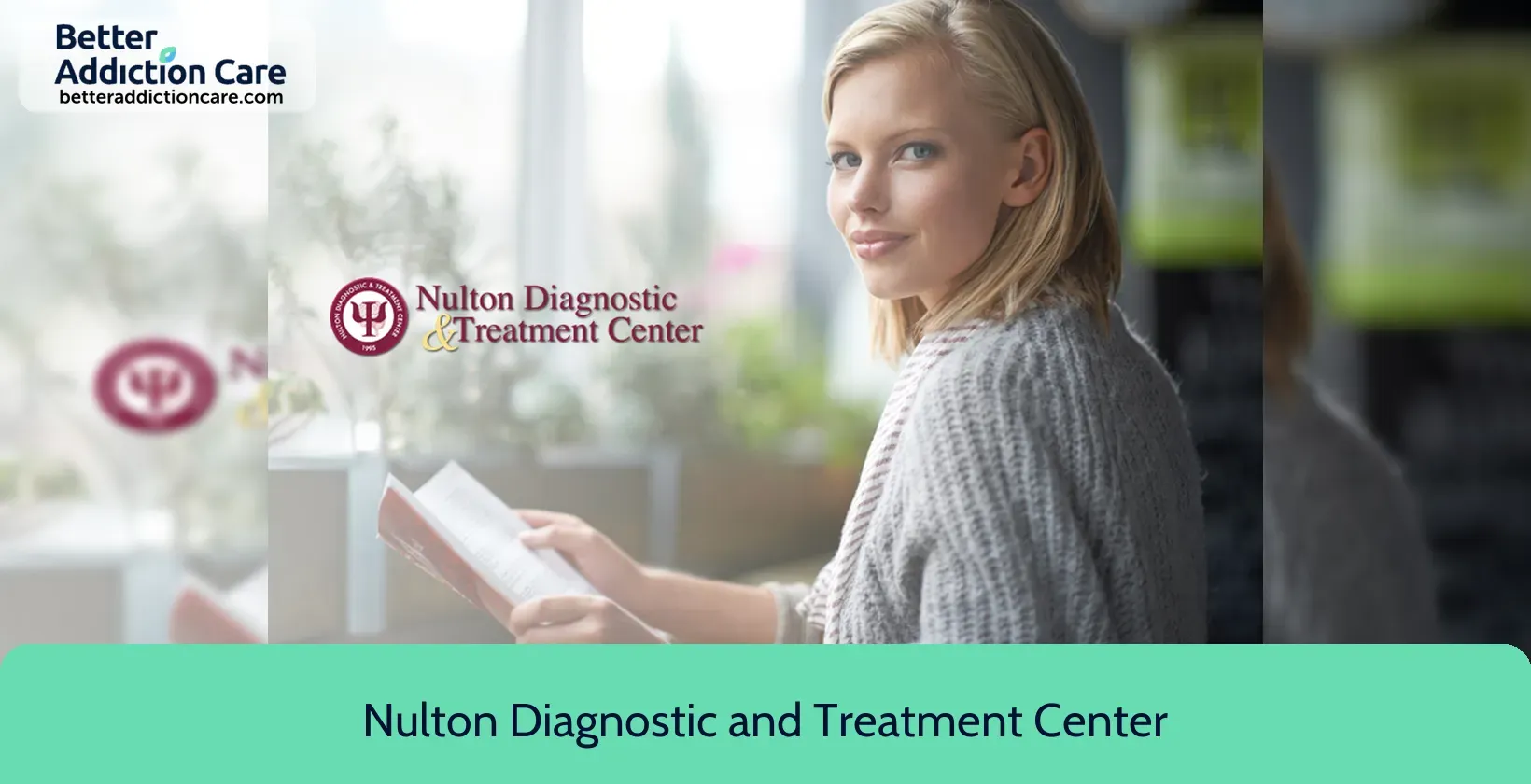
6.83
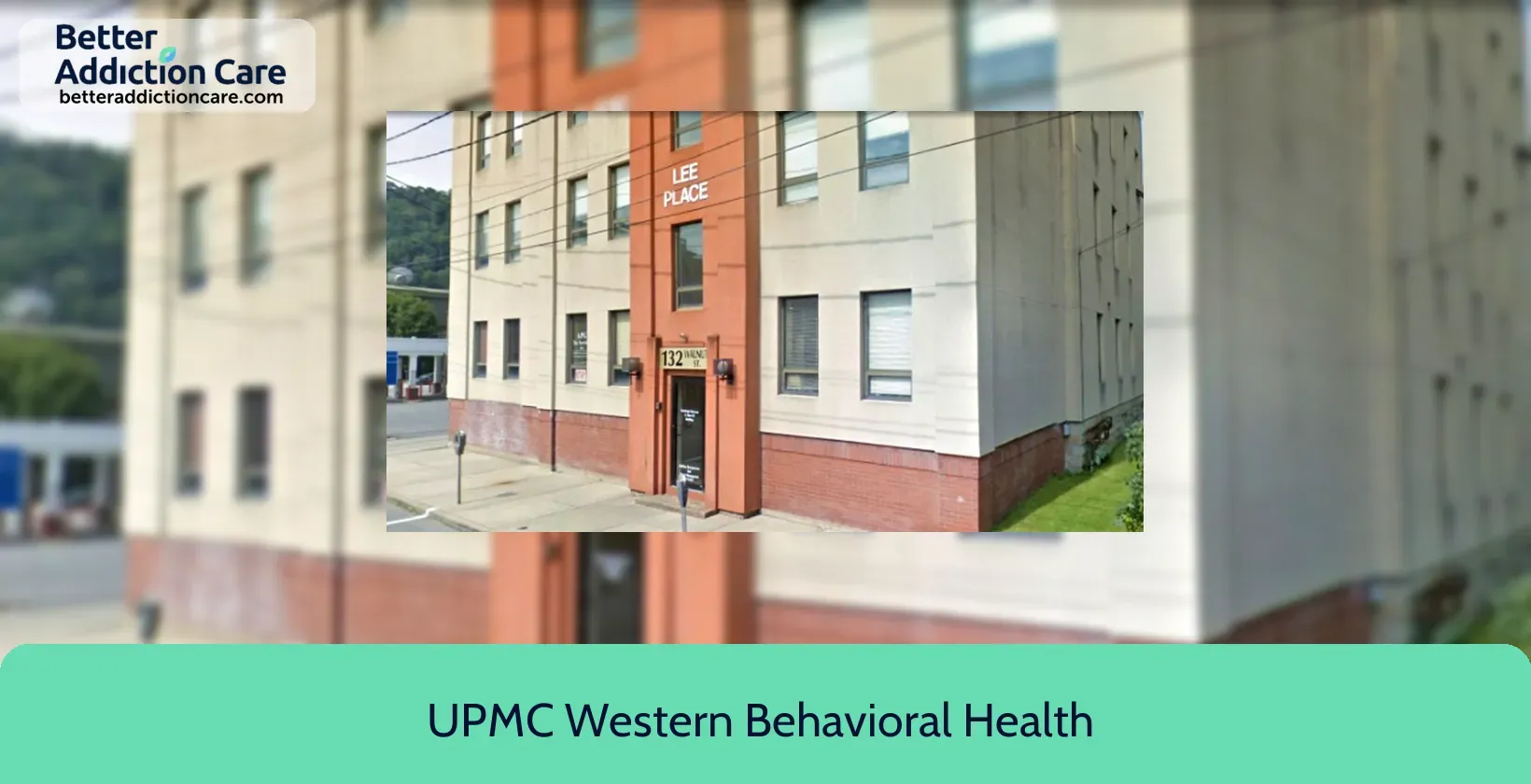
7.09
DISCLAIMER: The facility name, logo and brand are the property and registered trademarks of UPMC Western Behavioral Health - Twin Lakes, and are being used for identification and informational purposes only. Use of these names, logos and brands shall not imply endorsement. BetterAddictionCare.com is not affiliated with or sponsored by UPMC Western Behavioral Health - Twin Lakes.
